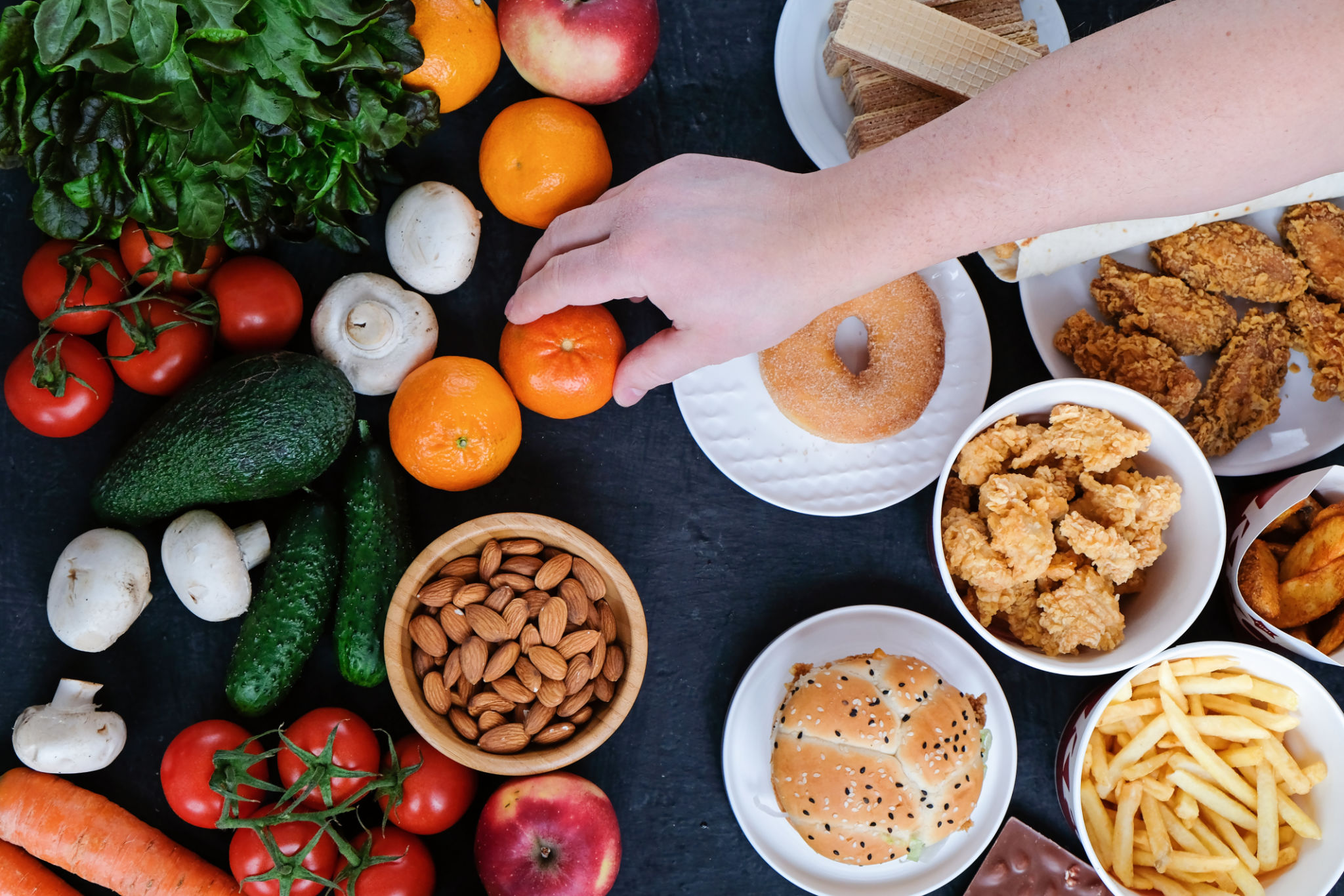Intuitive Eating vs. Dieting: Understanding the Differences
Understanding Intuitive Eating
Intuitive eating is a concept that encourages individuals to trust their body's natural hunger and satiety signals. Unlike traditional diets that often impose strict rules and restrictions, intuitive eating focuses on developing a healthy relationship with food. This approach emphasizes listening to your body, eating when you're hungry, and stopping when you're full.
One of the core principles of intuitive eating is to reject the diet mentality. This means letting go of the idea that there are "good" or "bad" foods and instead focusing on the nutritional needs of your body. By doing so, individuals can break free from the cycle of yo-yo dieting and cultivate a more positive body image.

The Principles of Intuitive Eating
The framework of intuitive eating is built on several key principles, including:
- Honor Your Hunger: Trust your biological signals and provide your body with adequate nourishment.
- Make Peace with Food: Give yourself unconditional permission to eat, removing guilt and shame associated with certain foods.
- Respect Your Fullness: Listen to your body's cues to determine when you are comfortably full.
Conventional Dieting Explained
Dieting, on the other hand, is typically characterized by a structured plan aimed at achieving weight loss or health improvement. Diets often involve counting calories, measuring portions, and adhering to a specific set of dietary rules. While some people find success with dieting, others may struggle with its restrictive nature.
One of the primary criticisms of dieting is that it can lead to a cycle of deprivation and overeating. Restrictive diets may cause individuals to ignore their hunger cues, resulting in increased cravings and potential binge eating. Additionally, constant focus on weight loss can negatively impact mental health and self-esteem.

The Drawbacks of Dieting
While dieting can offer short-term results, there are several drawbacks to consider:
- Short-Term Focus: Many diets prioritize quick fixes rather than sustainable lifestyle changes.
- Potential Nutrient Deficiency: Restrictive diets can lead to insufficient intake of essential nutrients.
- Emotional Impact: Constantly monitoring food intake can lead to stress, anxiety, and guilt.
Choosing the Right Path for You
The decision between intuitive eating and dieting ultimately depends on individual preferences and goals. For those seeking a more flexible and personalized approach, intuitive eating may be the ideal choice. It promotes self-awareness and encourages individuals to trust their bodies.
Conversely, some people may prefer the structure that dieting provides, especially if they have specific health goals or conditions requiring dietary modifications. It's essential to choose an approach that aligns with your values and supports your overall well-being.

Finding Balance
Regardless of the path you choose, finding a balance that prioritizes both physical and mental health is crucial. Consider consulting with healthcare professionals or nutritionists to create a plan tailored to your needs. Remember, the journey to a healthier lifestyle is unique for everyone, and what works for one person may not work for another.
Ultimately, whether you opt for intuitive eating or dieting, the goal should be to foster a positive relationship with food and embrace a lifestyle that supports your long-term health and happiness. Embrace the journey and celebrate your progress along the way!